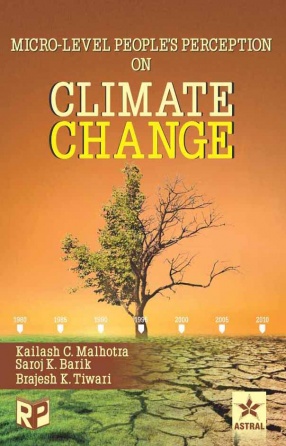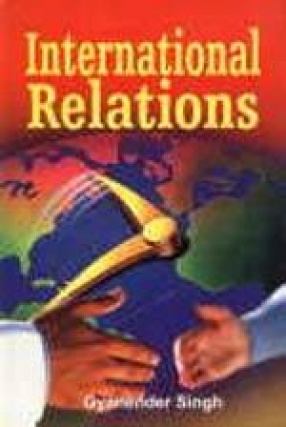Since her independence India has strained every nerve to remain at friendly terms with Asian neighbours and to co-operate with them on common economic, social, political and cultural problems. India’s desire to maintain friendly relations with Asian Countries is, to a considerable degree, the legacy of the commitments made by the Indian National Movement during the struggle for freedom from foreign domination. The central idea of the thesis is that in 1947 India emerged as an independent nation with certain principles governing her attitude towards the nations of Asia. The present work is an humble attempt to provide a historical study of India’s Asian policy. India’s attitude towards Asian neighbours was made known through the resolutions of the various political associations, writings and speeches of the nationalist leaders and the newspapers. The most Asian conscious political association was the Indian National Congress which spearheaded the Indian struggle for independence and assumed the reins of administration in independent India. The Muslim League was a potent factor in India during the period under review sand since Indian National Movement was not a unified movement, the attitude of the Muslim League towards Asian nations forms part of this study. Besides these two giant associations, there were some minor associations like, the All India Khilafat Conference, All India Ahrar Conference, All India Hindu Mahasabha, All India Women’s Conference and so on and so forth whose casual interest in Asian Nations has been incorporated in this work. During the period under review Nationalist India developed a well-knit Asian policy. Leaders of Nationalist India tried to co-ordinate their struggle with similar movements in Asia, shared the joys and sorrows of the Asian neighbours, opposed imperialism of every sort, made attempts to place Asia on the map of the World and to foster solidarity among the Asian nations by promoting regional integration in Asia. But India’s ideal of Asiatic Federation was devoid of any Pan-Asiatic urge. Rather it aimed at co-operation among the nations of Asia for the realisation of the larger ideal of One World. The traditions built up by the Indian National Movement had certain lessons for the foreign policy makers of India. They pointed out that while emphasizing solidarity among the Asiatics, India’s claim to speak on behalf of Asia, if unduly exhibited, would cause distrust among the Asian neighbours about the intentions of India. Experiences gained by the nationalist leaders also warned the Indian leaders desirous of Asian unity that mere intentions and deliberations are not sufficient for promoting Asian Solidarity. Any attempt to foster co-operation in Asia must be necessitated by compelling needs. Indian policy makers must pay heed to it. Needless to say that international outlook of a nation changes from time to time and with the change in national interests but most of the traditions evolved by Nationalist India’s Asian outlook are still relevant and useful for those who are called upon to administer and determine the Asian policy of Free India.

Indian Nationalism and Asia (1900-1947)
In stock
Free & Quick Delivery Worldwide
reviews
Bibliographic information
Title
Indian Nationalism and Asia (1900-1947)
Author
Edition
1st ed.
Publisher
Length
viii+260p., References; Bibliography; Index; 26cm.
Subjects






There are no reviews yet.